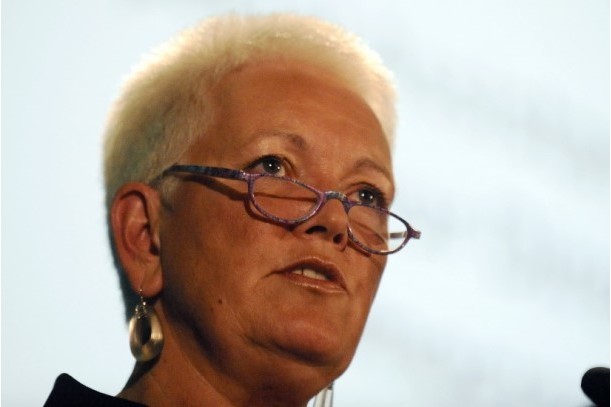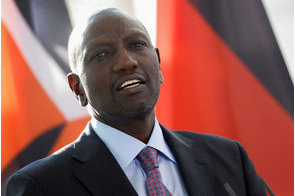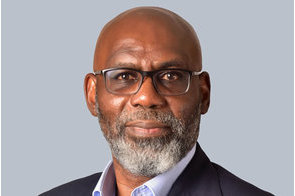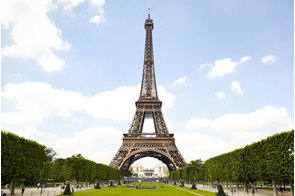Latest News
World’s poorest countries receiving declining share of global financing

News Highlight
Africa, which is home to over 50% of the world’s extreme poor, is being hit hardest given donor countries reneging on their ODA pledges, low levels of foreign direct investment and falling domestic revenues, ONE Campaign warns.
ONE Campaign today released a new report that says the world’s poorest countries are receiving a declining share of global financial resources. The 2017 Data Report, titled “Financing for the African Century,” shows that global Official Development Assistance (ODA) was $140.1 billion in 2016, a 7.4% increase from 2015 in real terms – but that the least developed countries’ (LDCs) share fell to 28% in 2016, down from 32% four years ago.
ONE is a campaigning and advocacy organisation of more than 8 million people taking action to end extreme poverty and preventable disease, particularly in Africa. Its latest report says Africa, which is home to over 50% of the world’s extreme poor, is being hit hardest by the lopsided financing, given donor countries reneging on their ODA pledges, low levels of foreign direct investment (FDI) and falling domestic revenues. The report warns that failure to invest in Africa’s youth will lead to widespread joblessness and instability and threaten the Sustainable Development Goals.
“The share of global aid going to Africa has dropped from 36% in 2012 to 32% in 2016,” noted ONE in a statement it released on the new report. It said that falling commodity prices have led to a 24% decline in Africa’s revenues since 2012, and FDI was concentrated in only a few countries between 2014 and 2016: 73% of FDI to Africa went to 10 countries.
The report warns that these trends are unfolding at the worst possible time, given the need and opportunity to harness Africa’s ‘demographic dividend.’ The continent’s population is set to double by 2050. Increased investments from aid, private flows and domestic resources are required to finance the education, employment and empowerment of this growing youth population. According to leading economists, Africa’s youth is pivotal to lift the least developed countries out of poverty, accelerate sustainability and build long-term prosperity.
“Domestic funding plays a crucial role in our continent’s development, not only are domestic resources the largest source of finance in African countries, they are also key for cementing the social contract,” said Nachilala Nkombo, ONE Africa interim executive director. “Foreign direct investment between African countries also plays a key role in growing our economies, therefore African leaders and investors should not only rely on ODA and FDI coming from abroad but must increase domestic funding and African-rooted FDI in strategic sectors such as agriculture, education and health, to ensure their country’s development.”
Gayle Smith, CEO and President of ONE said: “The engine that could power Africa’s development is not getting the fuel it needs. Donors need to fulfil their commitments to the world’s poorest, and all countries need to work together to increase private capital flows and domestic resources.”
"Failing to capitalise on Africa’s demographic dividend will have a global impact – affecting both rich and poor countries – with more instability and population displacement" Smith cautioned.
Related News
Latest Blogs
- AML/CFT regulations and data protection require balance in regulating cryptocurrency
- It's time for honest discussions on Nigeria's security architecture
- Driving economic growth through green transition in Nigeria
- CBN is fighting inflation instead of stagflation
- Why electricity privatization failed (2)
Most Popular News
- IFC, partners back Indorama in Nigeria with $1.25 billion for fertiliser export
- CBN increases capital requirements of banks, gives 24 months for compliance
- CBN settles backlog of foreign exchange obligations
- Univercells signs MoU with FG on biopharmaceutical development in Nigeria
- Ali Pate to deliver keynote speech at NDFF 2024 Conference
- NDFF 2024 Conference to boost Nigeria’s blue and green economies






